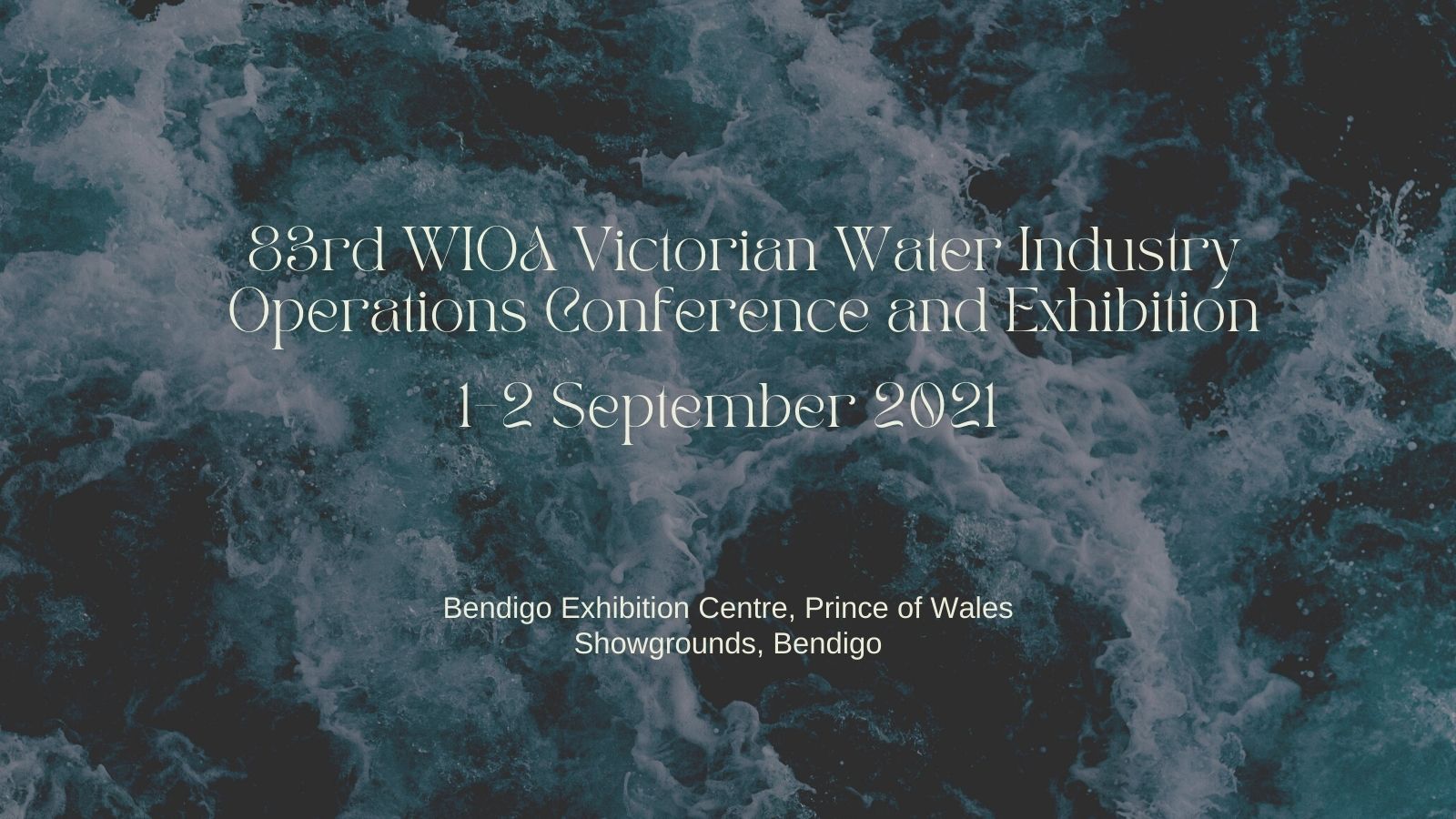Episode 17: Post COP26 Special: Victoria Kate Burrows of the World Green Building Council Interview With Henry McDonald – Part 1 of a 2 Part Series
- Jackie De Burca
- November 30, 2021
This episode is the first part of the Post Cop26 Roadmap With Victoria Kate Burrows, Advancing Net Zero Director at The World Green Building Council event. The second part follows in Episode 18.
The Post Cop26 Roadmap For The Built Environment Sectors will be opened by Neal Maxwell who has made the transition that many of us need to! Then we will have the main interview with our featured guest, Victoria Kate Burrows, who is the Director of Advancing Net Zero, at the World Green Building Council. Victoria’s interview aims to inform you of what the potential roadmap for the built environment sectors looks like post COP26.
Featured Guest: The World Green Building Council, Victoria Kate Burrows, Advancing Net Zero Director
Victoria is interviewed by Henry McDonald (Sunday Times freelancer, ex-Guardian/Observer) to get her perspective on what the post COP26 Roadmap needs to be for the built environment sectors. This interview will be packed full of valuable information and insights.
About Victoria Kate Burrows
Victoria is Director of Advancing Net Zero, the pioneering WorldGBC global project to ensure that all buildings are “net zero” carbon by 2050. In this role, Victoria oversees and supports Green Building Councils participating in the project, as well as a number of other partnerships which provide funding and support, marketing and communications, and the Net Zero Carbon Buildings Commitment.
With a strong background in the sustainable development industry, ranging from client-side advisory services, green building rating tool consultancy, and an on-site Head of Sustainability for a major international contractor, Victoria brings a unique perspective to the Advancing Net Zero project.
Victoria has a degree in Architecture and Environmental Design from the University of Nottingham, and co-authored the book:
A Whole System Approach to High-Performance Green Buildings
Victoria is based between London, UK and France.
Neal Maxwell Ex-Construction Boss Who Founded Changing Streams Featured In The Guardian, ITV News & Others
The event will be opened by Neal Maxwell who has transitioned from being a very successful construction company Managing Director to becoming the founder of Changing Streams. Featured in The Guardian and on the ITV News, Changing Streams CIC has been created as a not-for-profit organisation with the sole intention of significantly reducing the use and reliance of plastic in the construction industry.
About Neal Maxwell

Neal spent over three decades in the fit-out industry and has seen a number of seismic changes in his working environment and of course, in society. But one event took place in 2018 which dwarves the rest and it’s one that he certainly wasn’t prepared for.
His trip to the Arctic was a memorable experience but nothing had prepared him for what was to come and how this event really did change his life.
During the expedition, Neal came face to face with the downstream effects of plastic pollution and global warming. He saw life in its harshest form and learnt from the many scientists and experts through a series of lectures that would take place each evening following the day’s activity.
As a result of this experience, he has found it difficult to adapt to normal life. People say that Neal had an epiphany and that may well be true, but one thing is for sure, his life will never be the same again.
His focus is now well and truly directed on the environment and ways in which he can make a difference in the industry where he spent most of his working life.
He is doing this through a new organisation that he helped to establish in partnership with the University of Liverpool called Changing Streams CIC. It is a not for profit organisation focused on reducing the use and reliance on plastics within the construction sector. The aims and objectives can be seen on the website.
By reducing the amount of plastic being used we can and will make a positive impact in reducing waste going to landfill or worse still, into the ocean.








Episode 20: Jam-Packed With Highlights From Our 2021 Episodes - Constructive Voices Radio & Podcast
3 years ago[…] Listen to some insightful excerpts from Emma Nicholson and Sumele Aruofor taken from another superb interview with Henry McDonald. […]
Episode Eleven: Gavin Tonnet of utecture on city-changing urban renewal projects and transformational virtual pre-construction technology. Pete The Builder talks about The Tool Revolution - Constructive Voices Radio & Podcast
3 years ago[…] being introduced to the team behind the utecture technology, Gavin spent the better part of the year travelling around the world trying to poke holes in […]
Episode Three 11th May 2021: Mixed Reality In Construction, A Mates Chat About Mental Health & An In-Depth Look At Apprenticeships - Constructive Voices Radio & Podcast
3 years ago[…] Henry McDonald interviews Josh Mathias, the M.D. of The Hythe Group. This is an honest feature about how Josh has been on both sides of the fence, what role apprentices play in his business and how he tries to ensure that this works for everyone involved. […]